Summer in Minsk ended at Vulica Brasil (photos)
 photo by "EuroBelarus" Information Service
photo by "EuroBelarus" Information Service
On the last day of street art festival weather has become quite autumn-ish, which did not prevent the "hot" atmosphere of the final event.
The festival of urban environment has transformed Kastrychnitskaya street in a space completely unknown for the Belarusian capital. While the gorgeous graffiti were expected, the festival Vulica Brasil itself acquired real status of an urban open-air with a couple of stages, a good choice of food and drinks, cafés and barber-shops in decorated trams, spaces for recreation and hand-made spots. The eco-friendly direction was obvious, with separate waste collection, a wide variety of vegetarian cuisine, and animal themes that domineered the graffiti of street artists.
At the closing of the festival, on September17, Kastrychnitskaya street was turned into a pedestrian street, though through the frame and with the police inspection. It was, perhaps, the only thing that caused criticism of numerous visitors; whereas at the festival venue lighthearted and totally free atmosphere prevailed. Almost every visitor of the festival in their comment to the "EuroBelarus" Information Service noted that they were impressed with the graffiti, music, and diversity of food; but above all – with the European atmosphere.
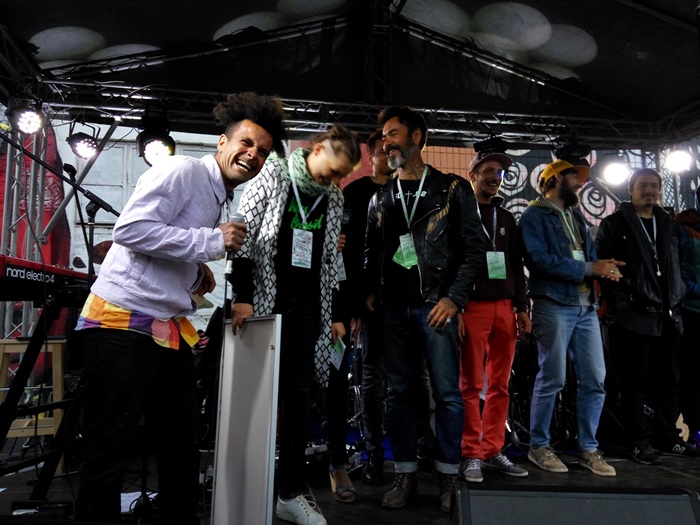
The team of the Brazilian artists thanked Minsk and Minsk dwellers, calling them people with open hearts. The author of the well-known "guslar" at Kastrychnitskaya Yauhen Matsiuta aka Cowek said that the Brazilian artists, who came to Minsk, had once inspired him and that he "never dreamed that we’d work together." "But, as it turned out, with the support of all parties, especially with the help of the Brazilian Embassy, everything is real”.
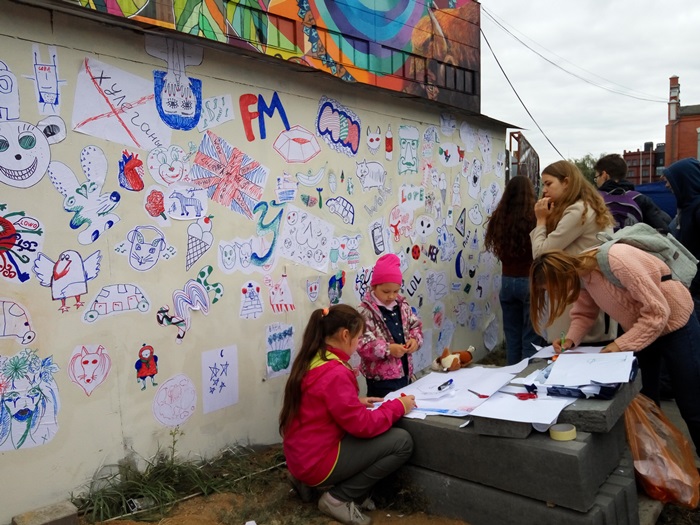
Musical headliner of Vulica Brasil was Brazilian samba singer Ju Moraes with his Samba D'Ju team.
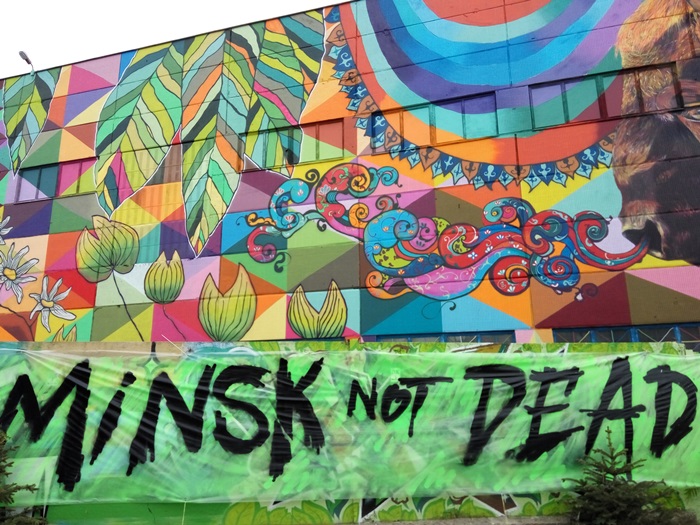
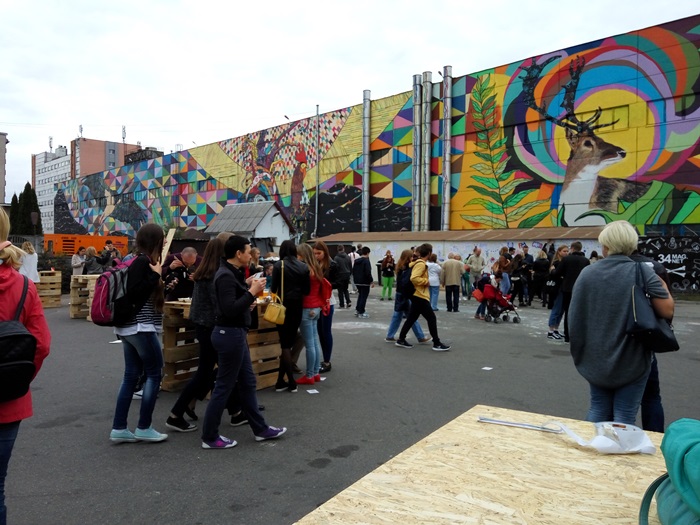

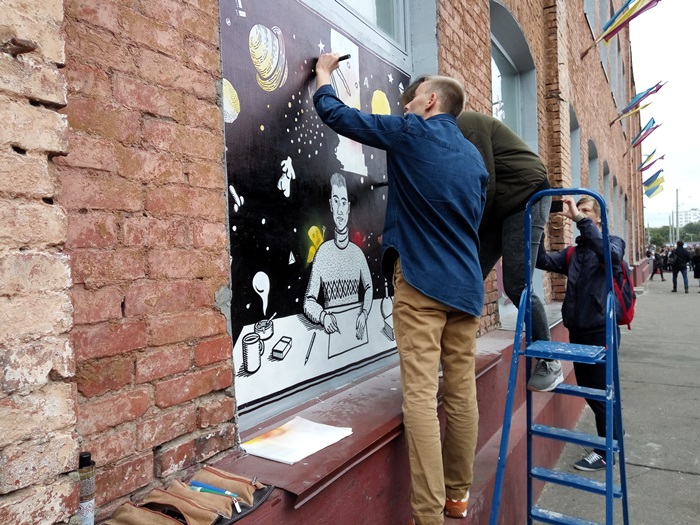
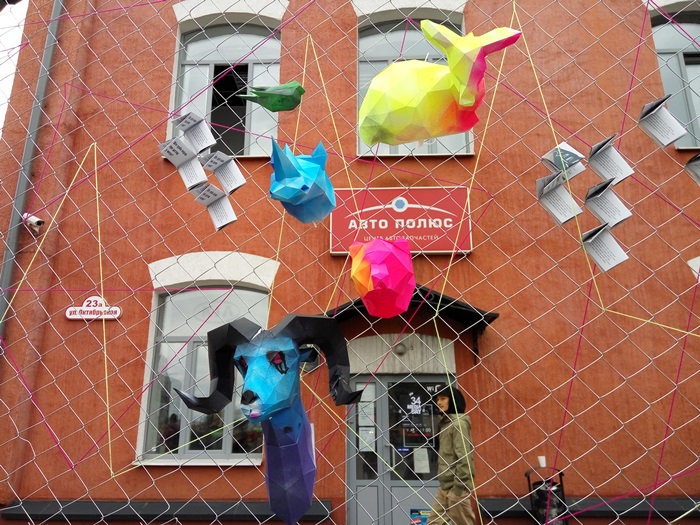
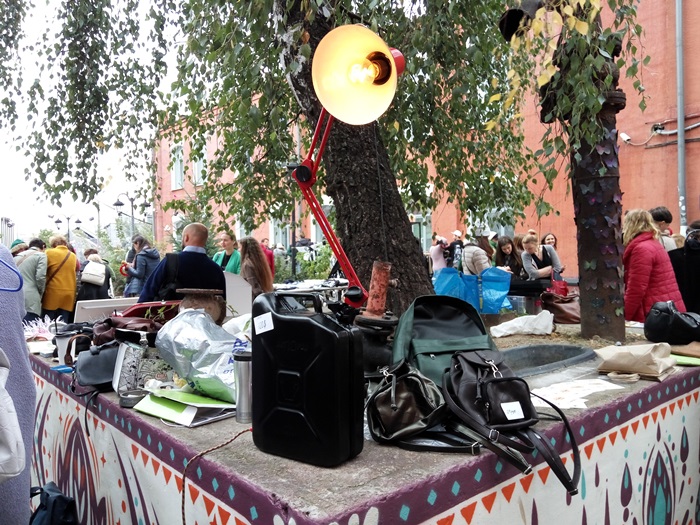
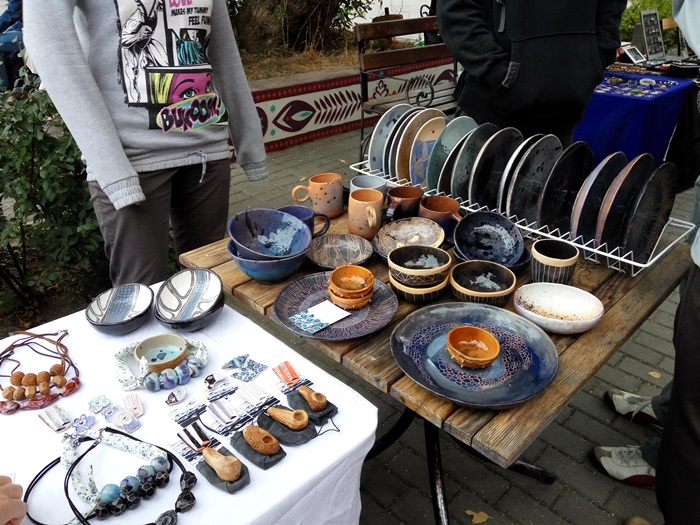



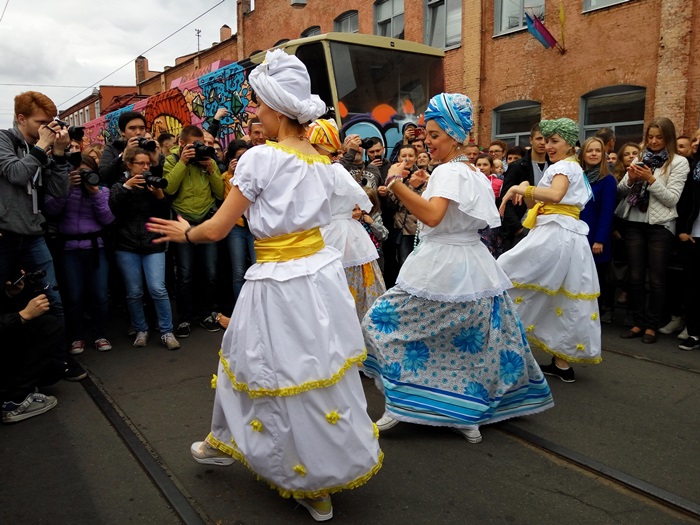
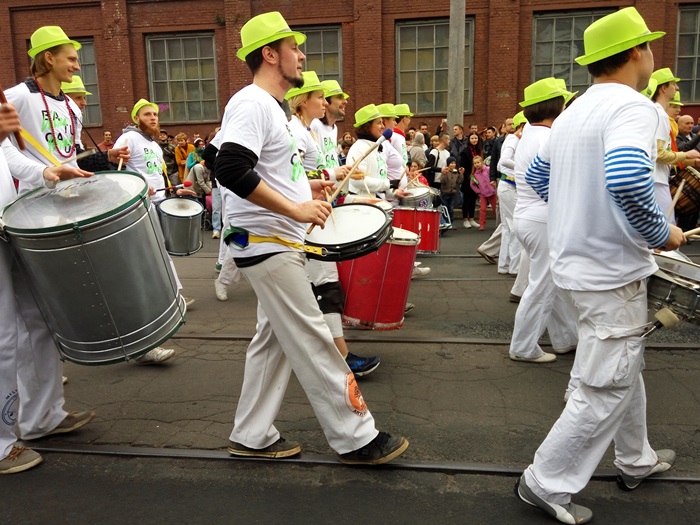
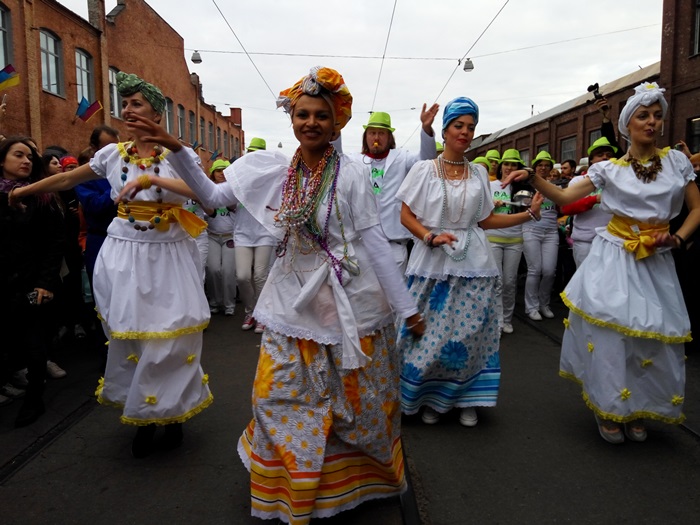
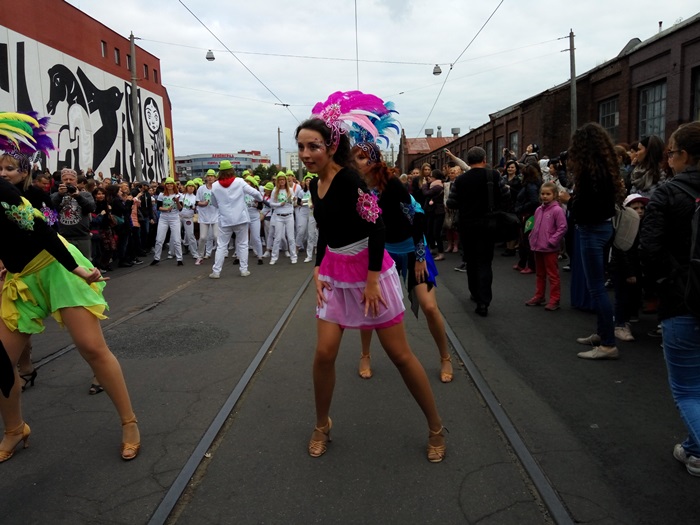
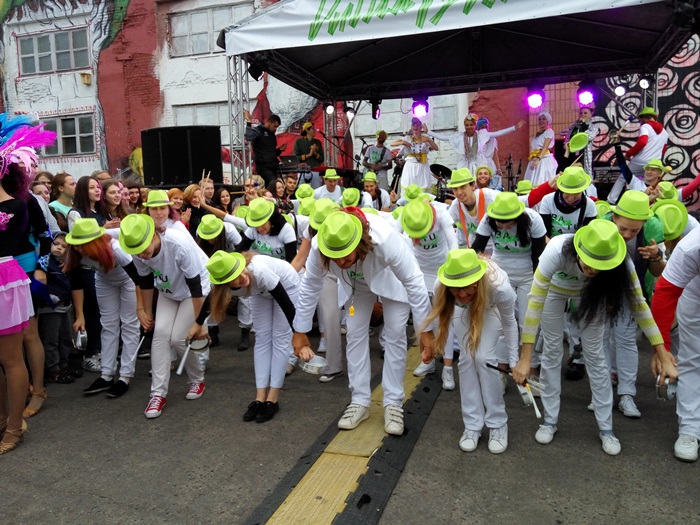
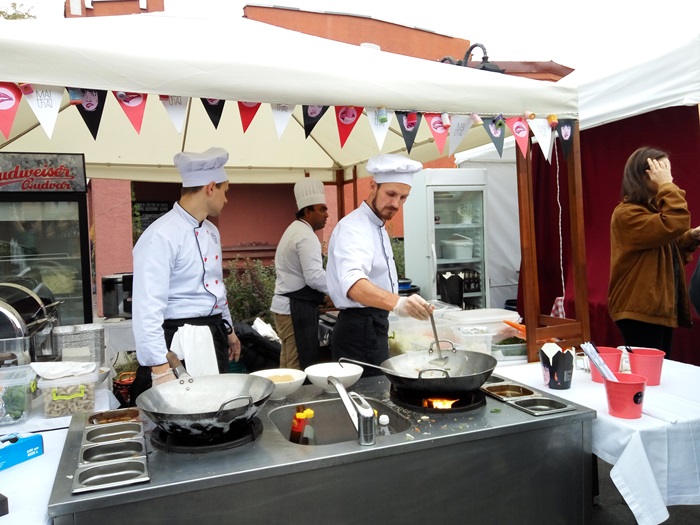
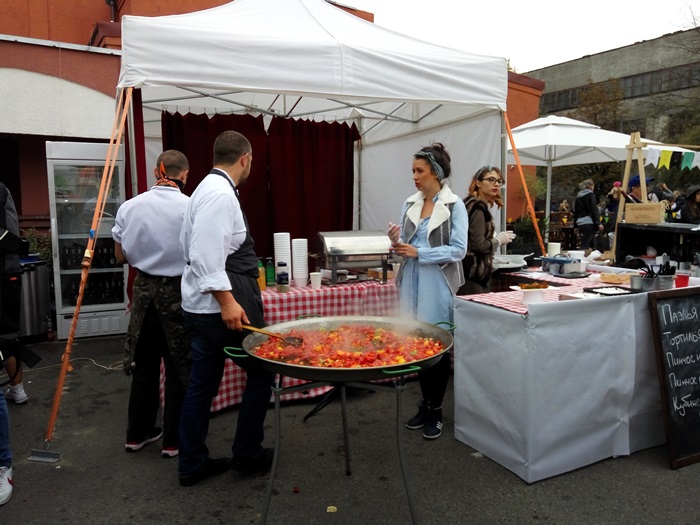
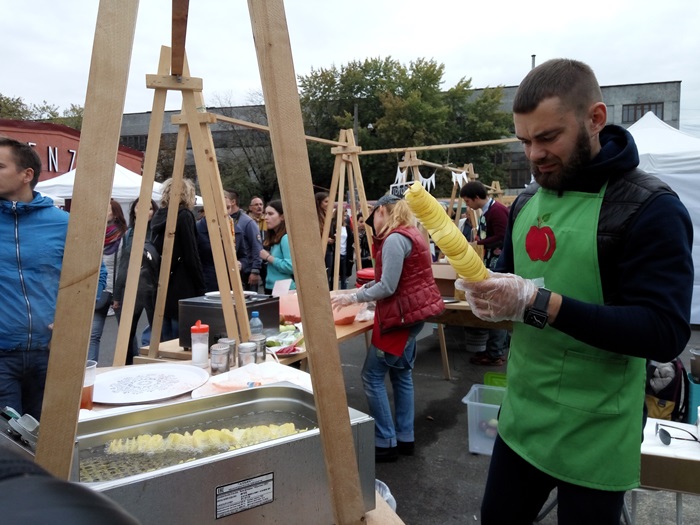

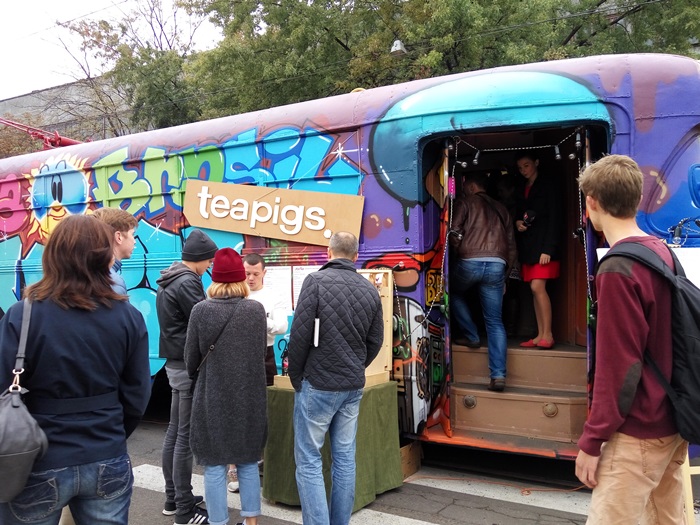
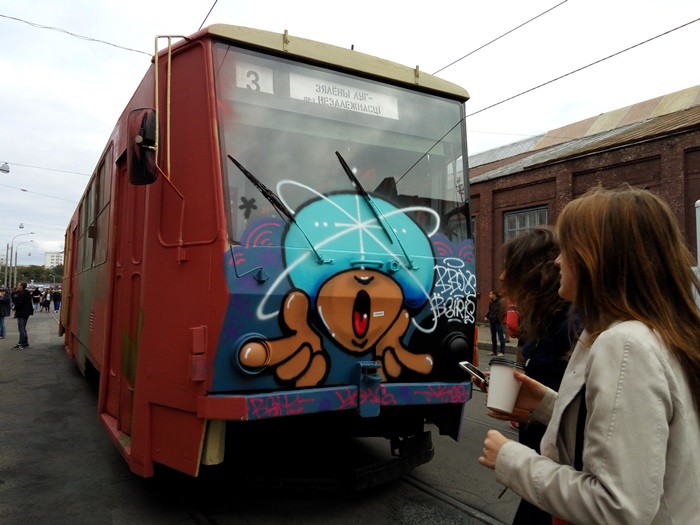
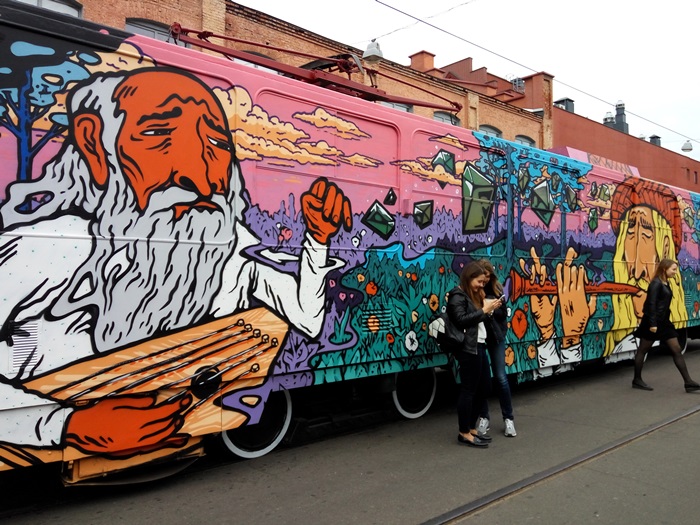
The initiator and organizer of the festival was the Brazilian Embassy in Belarus with the institutional support of the Ministry of Culture of Belarus, Minsk City Executive Committee, the Administration of the Leninsky district of Minsk, the Ministry of Transport and Communications, Minsktrans and UNDP. The partners are Minsk Festival, 34mag, Jam Market, Goethe Institute, "Protection of Homeland Birds", Green Network, Ecoidea, Keto.by, and Delay Sound System.
-
03.01
-
07.10
-
22.09
-
17.08
-
12.08
-
30.09



























